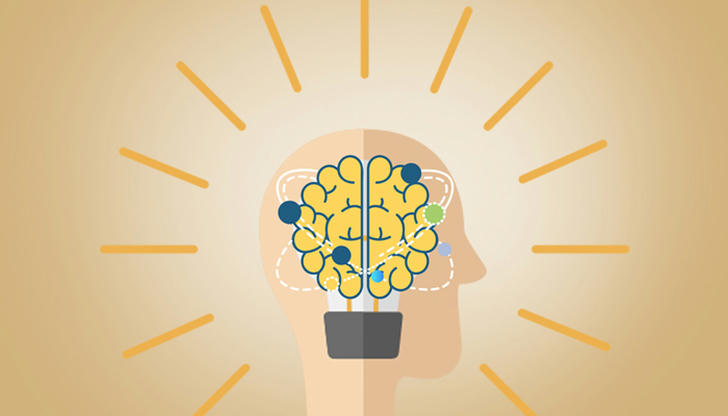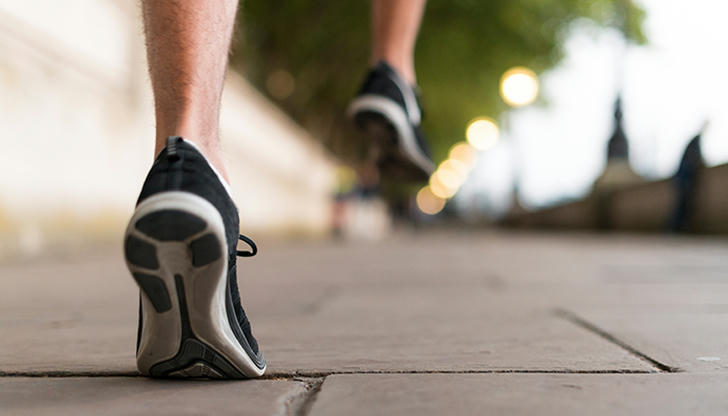Eight Benefits To Start Cardio Right Away

Regular and consistent aerobic exercise, such as walking, cycling or swimming, can help you live longer and healthier! Read on to learn how aerobic exercise affects your heart, lungs, and blood flow, then start exercising and reap the benefits!
The Body's Response To Aerobic Exercise

During cardio, we repeatedly swing the large muscle groups in our arms, legs, and hips, and can quickly notice how our bodies respond. Breathing faster and deeper maximizes the amount of oxygen in the blood; the heart beats faster, which increases blood flow to the muscles and lungs, so the capillaries expand to deliver more oxygen to the muscles and take away carbon dioxide and Lactic acid and other wastes. Our bodies even release endorphins, which are natural pain relievers that promote a sense of well-being.
Health Benefits Of Aerobic Exercise

Aerobic exercise benefits all groups, regardless of age, weight, or athletic ability. When the body adapts to regular aerobic exercise, it makes us stronger and more toned.
Here are eight reasons why aerobic exercise can help you enjoy life more fully.
1. Improve cardiovascular health

The American Heart Association and most doctors recommend aerobic exercise to people with or at risk of heart disease. Because exercise strengthens the heart and helps it pump blood more efficiently throughout the body.
Aerobic exercise can also help lower blood pressure and keep arteries open by raising "good" high-density lipoprotein (HDL) cholesterol and lowering "bad" low-density lipoprotein (LDL) cholesterol in the blood. If you especially want to lower blood pressure and cholesterol, you can do 40 minutes of moderate-to-intensive aerobic activity 3 to 4 times a week.
2. Lower blood pressure

Aerobic exercise can help you manage high blood pressure symptoms. According to Hongwei Wen's team, a comprehensive and comprehensive analysis to explore the blood pressure lowering effect of aerobic exercise on hypertensive patients selected relevant studies from PubMed and Embase databases. As of June 2016, a total of 13 papers and 802 samples were included. Aerobic exercise is a potential non-drug therapy to regulate blood pressure in patients with essential hypertension, according to the results of the meta-analysis.
3. Helps regulate blood sugar

Regular physical activity can help regulate insulin levels and lower blood sugar, while maintaining weight control. In a study of people with type 2 diabetes, researchers found that any form of exercise (aerobic or resistance) may have these effects.
4. Sleep aid

If you can't sleep at night, try doing cardio while you're awake. A study of individuals with chronic sleep problems found that a regular aerobic exercise program combined with sleep hygiene education is an effective treatment for insomnia. Participants performed aerobic exercise for 16 weeks and then filled out questionnaires about their sleep and overall mood. The active group reported better sleep quality and duration, as well as improved daytime energy and vitality.
Additional studies looked at the effects of exercise interventions on sleep in middle-aged and older adults. The results show that regardless of the pattern and intensity of activity, exercise improves sleep efficiency and duration, especially in people with medical conditions.
5. Adjust the weight

You've probably heard that diet and exercise are fundamental to weight loss, and that cardio on its own may help you lose weight. Try a brisk walk or jog every day, such as during your lunch break or before dinner. Depending on your weight and speed, you may need to walk or jog 6.5 kilometers to burn 400 to 600 calories.
6. Strengthen immunity

A recent study further showed a strong link between physical activity and the body's defense system. The immune system is very sensitive to exercise, and its degree and duration reflect the physiological stress exerted by the amount of exercise. Moderate-to-intensive aerobic exercise of less than 60 minutes is now recognized as an important immune system adjuvant that stimulates the continuous exchange of distinct and highly active immune cell subtypes between the circulatory system and tissues.
7. Improve brain power

Did you know that brain tissue starts to degenerate after the age of 30? Scientists have found that aerobic exercise can slow this loss and improve cognitive performance. Exercise can benefit the brain in a number of ways, such as promoting cardiovascular health, improving blood flow to the brain, reducing inflammation, and lowering levels of stress hormones, all of which have an impact on cognition.
8. Reduce the risk of falls

One in three people over the age of 65 has a documented fall in one year. Falls can lead to fractures and lifelong injury or disability, and exercise can help reduce the risk of falls. Results of a study in women aged 72 to 87 showed that aerobic dance may reduce the risk of falls by promoting better balance and agility. The women danced aerobics for an hour three times a week for a total of 12 weeks. Dance classes include lots of squats, leg balance and other basic large muscle movements. At the end of the study, women in the control group performed significantly better on the task of standing on one leg with eyes closed.
Take The First Step

Ready to get more active? Great. Only remember to start with small steps. If you've been inactive for a long time or if you have a chronic health condition, consult your doctor before you start.

